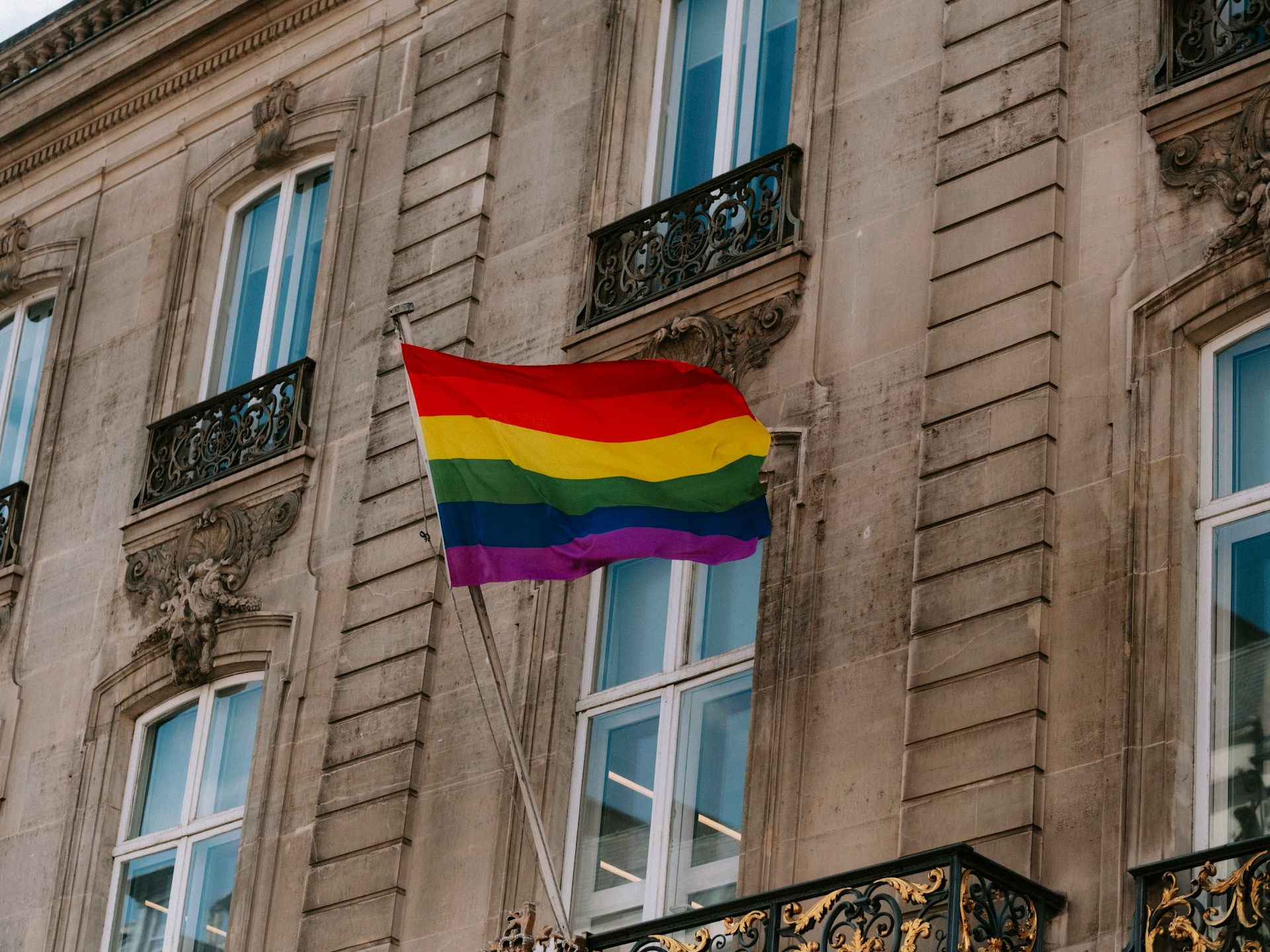If you perform a quick Google search for LGBTQ workers compensation attorneys, you’ll find more than one direct match which might be surprising since workers compensation is all about providing workers with free healthcare when they are injured on the job. What does being a member of the LGBTQ community have to do with it? Well, it turns out that businesses have been creating distrust between management and LGBTQ employees forever.
The problem isn’t obvious, but it exists. You might assume that anyone with an LGBTQ employee isn’t necessarily homophobic. The workplace is inclusive, after all. Sometimes this is a legal thing, but oftentime not. But employers are somewhat more likely to contest an LGBTQ person’s right to workers compensation than they are to contest anyone else’s.
Earlier this year the Supreme Court ruled that LGBTQ workers are legally protected from certain actions like termination or workplace discrimination. But the ruling has further implications.
Epstein Becker & Green attorney David Garland said, “An employer may not discriminate with respect to benefits provided to any group of similarly situated workers that includes members of a protected class. That would be particularly true with respect to health care coverage, parental leave and similar emoluments.”
In our case, it means protection from undue contestation of workers comp benefits. It doesn’t guarantee an LGBTQ employee’s right to workers comp in every case, it simply guarantees free judgment. If you hurt yourself at work, you have the right to apply. And if the workers comp would normally be granted to an employee who was similarly injured, then you have the right to receive it. When an LGBTQ individual believes discrimination might be a factor in whether or not they receive this universal benefit, they should contact a lawyer to file a claim immediately.
Greensfelder, Hemker & Gale attorney Amy Blaisdell said, “The Supreme Court’s decision not only prohibits an employer from refusing to hire or discharging an employee based on LGBTQ status, but also prohibits treating employees differently in the spectrum of compensation, terms or conditions of employment because of the individual’s LGBTQ status.”
One of the reasons LGBTQ individuals worry about workers compensation is because HIPAA privacy rules are different for this benefit meaning that a person who chooses to remain in the closet at work might risk having their sexual orientation disclosed to an employer, who might then choose to deny the benefit altogether retroactively. This is an unlikely scenario, but it’s important for employers, employees, and lawyers to understand what’s at stake.
Many people have wondered whether or not the future of the law is at stake with a now conservative-dominated Supreme Court. It’s too early to tell for sure, but the Constitution doesn’t necessarily guarantee protections for one class of people in particular. It simply says that we’re all created equal. Justices have interpreted the Constitution in different ways. The newest, Amy Coney Barrett, believes in a strictly literal interpretation which means she might be willing to overturn the law if a case ever presented itself.
